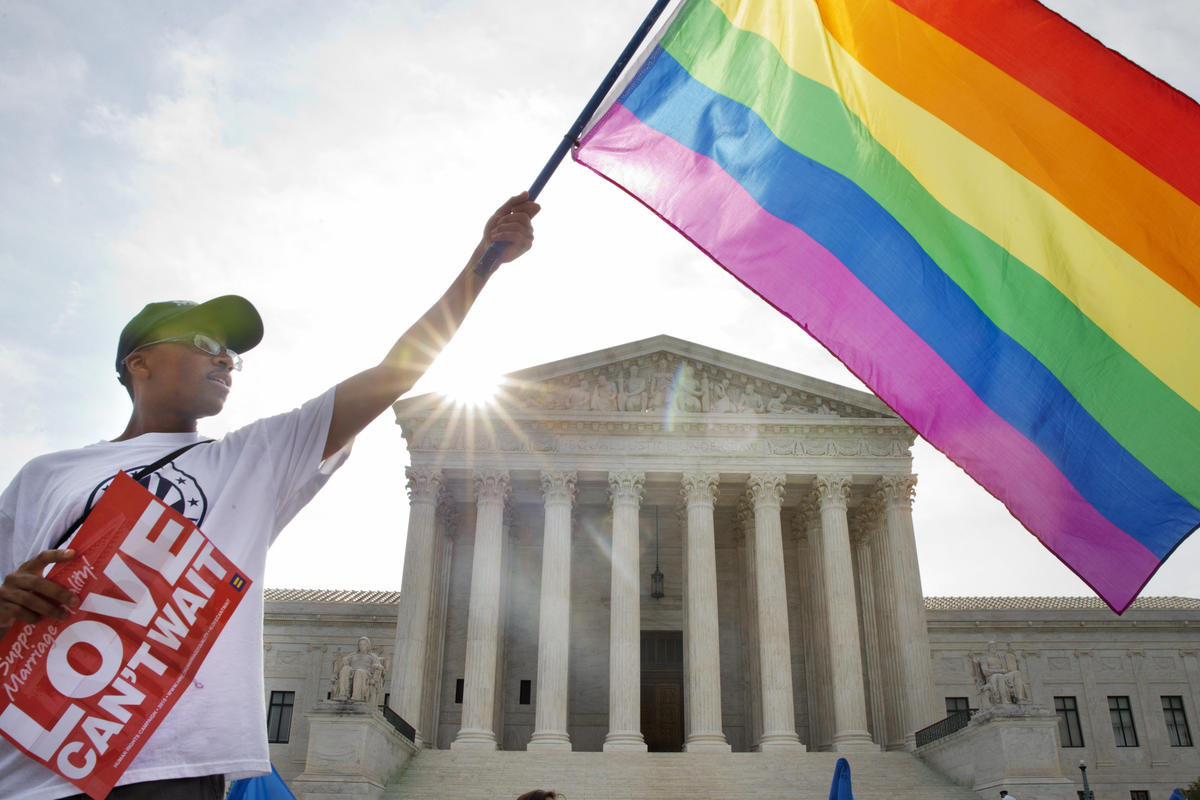Earlier this month, the 6th US Circuit Court of Appeals ruled the religion can’t be used to justify workplace discrimination. The court ruled that a transgender funeral home employee who was terminated after coming out to her boss was unjustly fired.
This isn’t the first time the courts have ruled against religious exemptions from nondiscrimination laws. We’ve been here before.
Most recently, the Oregon Court of Appeals upheld a fine against a bakery that refused to bake a wedding cake for a lesbian couple. And of course, in the most well known case, Masterpiece Cakeshop v. Colorado Civil Rights Commission, now before the Supreme Court, the bakery was ordered not only to provide cakes but to change company policy.
Related: Federal courts are standing up to Trump & Sessions’ anti-transgender agenda
Never Miss a Beat
Subscribe to our newsletter to stay ahead of the latest LGBTQ+ political news and insights.
It’s not all about cakes, though.
- In 1983, the Supreme Court, ruled that the IRS could revoke Bob Jones University’s tax exempt status over the the school’s religion-based prohibition against interracial dating.
- Even earlier, in Newman v Piggie Park, 1964, in which the defendant claimed a religious objection to serving African-Americans, the Court established that religious objections do not trump civil rights.
- As far back as 1878, in Reynolds v United States, in which the defendant was charged with bigamy, the Supreme Court held that religious duty was not a valid defense against criminal indictment.
- In Parrot v District of Columbia, a Court held that a police officer’s religious beliefs didn’t require the police department to excuse him from doing his job after being assigned to guard an abortion clinic.
- In Employment Division v Smith, the Court — led by Antonin Scalia — decided that religious objectors had to follow the same laws as everyone else. In this case, a Native American was denied employment due to religious use of peyote.
The point is, the courts have ruled again and again that religious beliefs don’t exempt people from following the laws. So, we can probably expect more of the same from them.















The Supreme Court could issue a major ruling in favor of LGBTQ rights soon